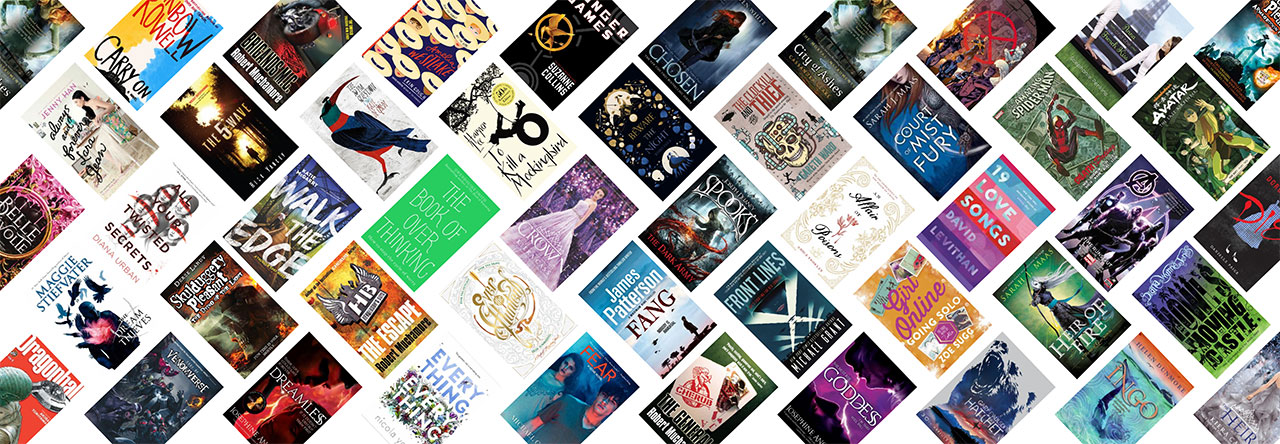There are lots of databases accessible through the Wellington Library’s website that are useful for teens, or young adults. In the past we’re written about them on the Teen Blog. Here is – in one handy place! – a collection of some of those posts (from the over one thousand posts that are there.)
Scholarships!
givME (formerly BreakOut) is a database of “scholarships for school, polytechnic or travel grants; sports and arts schemes; personal grants; personal development funds; and academic and non-academic funding” (that covers everything I guess!) for New Zealanders, young and old. You can access it (and loads of other databases) through mygateway.info, provided you have a library card.
Study!
 Nearly time to study for exams? Never fear, here are some links and stuff that will help you:
Nearly time to study for exams? Never fear, here are some links and stuff that will help you:
- StudyIt for NCEA students – includes subject forums with help from teachers on what and what not to do.
- NZQA Subject Resources page – includes past exam papers that you can download.
- NZQA on Twitter (it’s @NCEAexams) – how hip are NZQA?
- MyGateway.info – more online databases than you can poke a stick at. Great for last-minute research. All you need is your library card number (and a last name).
Rather than shutting yourself in your room to study, you could also consider the library as a venue: we’ve got copies of NCEA study guides, and some past exam papers (or you could download from the NZQA site at the library), tables, chairs, and ambience.
Music!
If you have the excellent fortune of studying music at school you might like to use MyGateway databases when you’re doing some research or analysing a piece of music in its historical context.
- Oxford Music Online – This is a database bristling with the most well-respected music reference titles, including The New Grove Dictionary of Music and Musicians, The New Grove Dictionary of Opera, The New Grove Dictionary of Jazz, The Oxford Companion to Music and The Oxford Dictionary of Music. Apart from a huge collection of articles and biographical entries, tools also include timelines, topical guides and research resources. You need to enter your library card number and surname to access the database.
- Naxos Music Library and Naxos Jazz Library – Wanting to listen to what you’re studying? Whether it’s the Brandenburg concerto in D Major, or Keith Jarrett, you should find what you’re looking for. Again, these databases require your library card number and surname.
- Allmusic.com – Heaps of info on popular music, including bios, discographies, reviews, recommendations. Definitely more information than you could possibly want, organised in a very easy to use format.
History!
I never did History, so I’m no help, but some of the library databases might be – here’s a short introduction to some of what My Gateway has to offer History students.
- History Resource Centre – This is a comprehensive database of journals, articles, book and encyclopedia entries which amounts to a great place to start for researching an essay or project. You can do person or subject searches (there’s also an advanced option where you can limit your search using Boolean operators), and resulting articles also display related search topics, which is great if you want to expand on your subject. The History Resource Centre also offers a thorough research guide, with tips on sources, historical analysis, note taking and how to organise your essay.
- Research In Context – Research In Context is a great database for several topics, including science, literature, biographies, and of course history. You can conduct your own searches or browse their popular topics. Their “Topic Trees” are also a useful starting point (subjects like “Cultures” and “World History” get broken down into more specific areas) if you’re not sure what you’re interested in researching.
For both of these databases you’ll need to enter your library card number and surname.
- Papers Past – Looking for some primary source material for a New Zealand history project? Papers Past is an interesting database of New Zealand newspapers dating from 1839 to 1920. For example, you can browse the Evening Post issues from 1865 to 1915, which is great for getting a sense of what was going on in Wellington (excellent if you’re writing an historical novel!).
Debate!
Gale Opposing Viewpoints in Context – Who is right about ____? Them? Those others? Why must their viewpoints oppose? Why can they not get along. FIND OUT!




Leave a Reply